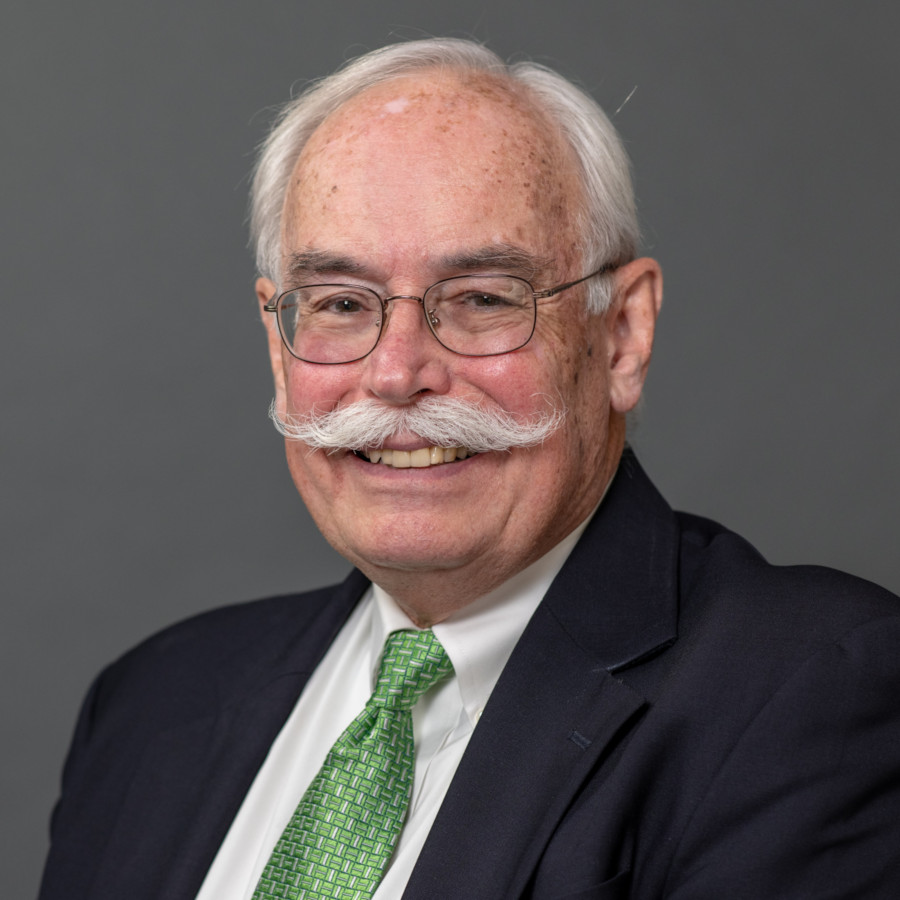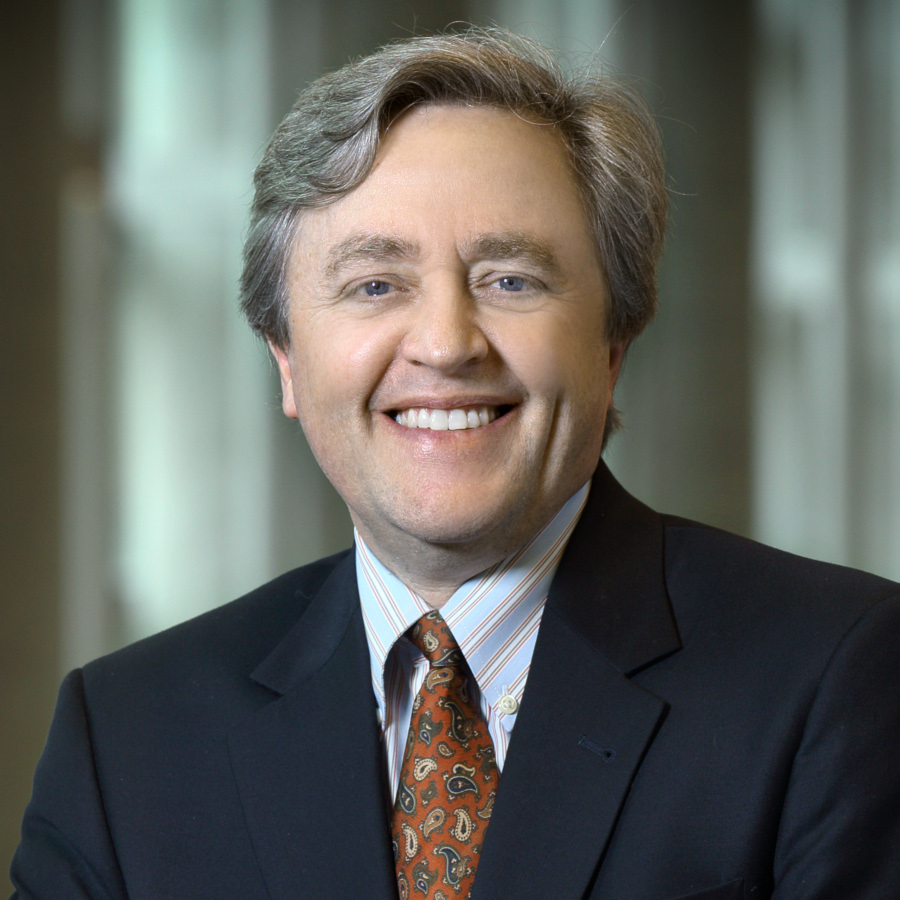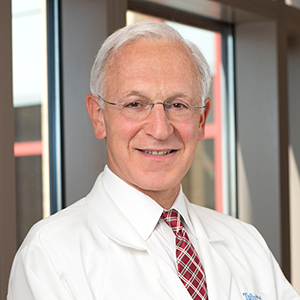Johns Hopkins University-Tufts Trial Innovation Center (JHU-Tufts TIC)

BIOS and the Johns Hopkins Institute for Clinical and Translational Research (ICTR) were awarded a seven-year, $25 million grant from the National Institutes of Health’s National Center for Advancing Translational Sciences (NCATS) to form, along with Tufts University School of Medicine, one of three Trial Innovation Centers (TICs).
The goal of the centers is to promote innovations in the efficiency and quality of NIH-funded trials. The centers are part of the NCATS Trial Innovation Network and work with the NCATS Clinical and Translational Science Awards (CTSA) Program, which funds a national consortium of medical research institutions. The centers will help the institutions form a long-standing infrastructure for multicenter studies to be funded by NIH and other funding agencies.
Daniel F. Hanley, M.D., the Jeffrey and Harriet Legum Professor of Acute Neurological Medicine and director of the Brain Injury Outcomes (BIOS) Division at the Johns Hopkins University School of Medicine, is the principal investigator for the grant. Daniel Ford, M.D., M.P.H., the David M. Levine Professor and vice dean for clinical investigation at the Johns Hopkins University School of Medicine, is a co-principal investigator, as is Harry P. Selker, executive director of the Institute for Clinical Research and Health Policy Studies and dean of the Clinical and Translational Science Institute at the Tufts University School of Medicine. Karen Lane, an assistant professor of neurology at Johns Hopkins and a co-investigator, serves as executive director. Megan Kasimatis Singleton, J.D., M.B.E., assistant dean for human research protection and director of the Office of Human Subjects Research at Johns Hopkins, coordinates single Institutional Review Board (sIRB) activities supported by the grant.

Daniel Hanley, MD
PI, Hopkins-Tufts TIC
Professor, Division Director of BIOS
Jeffrey and Harriet Legum Professor of Acute Neurological Medicine, Johns Hopkins University

Daniel Ford, MD, MPH
Co-PI, Hopkins-Tufts TIC
Vice Dean, Johns Hopkins Institute for Clinical and Translational Research
David M. Levine Professor, Johns Hopkins University

Harry Selker, MD, MPH
Co-PI, Hopkins-Tufts TIC
Dean, Tufts Clinical and Translational Science Institute
PI, Tufts Clinical and Translational Science Award
About Dr. Daniel Hanley
Since 1996, Dr. Hanley has been a professor of Neurology, Neurosurgery and Anesthesiology/Critical Care Medicine at Johns Hopkins University. Since 1999, Dr. Hanley has also been a professor in the School of Nursing, the Jeffrey and Harriet Legum Professor of Acute Care Neurology, and the director of the Brain Injury Outcomes (BIOS) Division at Johns Hopkins University. Dr. Hanley is a graduate of Williams College and Cornell University Medical College and has board certification in internal medicine, neurology and psychiatry.
Dr. Hanley is a leading expert on multiple types of brain injury and clinical trials design. He has received more than 70 clinical and basic research grants, predominately from the National Institutes of Health and the FDA Orphan drugs program. He has published more than 300 articles in peer-reviewed journals, has received the Humboldt Research Prize for his accomplishments in brain injury research and has extensive clinical trials experience. His trainees have led more than 25 brain intensive care units across the United States.
About Dr. Daniel Ford
Daniel E. Ford, MD, MPH, is a general internist who has been caring for patients and conducting clinical research for over 20 years. He has worked with patients, nurses, social workers and physicians to develop and test new approaches to improving outcomes for patients, mostly those seen in primary care. He has led randomized clinical trials to improve outcomes in depression, smoking cessation and addictions. He published ground-breaking studies on the relationship between depression and sleep and understanding how depression is a risk factor for developing heart disease. Since 2005 he has been the Vice Dean for Clinical Investigation at the Johns Hopkins School of Medicine and the PI of the Clinical and Translational Science Award Program. In this role he has led the development of using electronic medical records for research and expanding the role for Community Research Advisory Boards.
About Dr. Harry Selker
Dr. Harry P. Selker is Dean of Tufts Clinical and Translational Science Institute (CTSI) and Executive Director of the Institute for Clinical Research and Health Policy Studies at Tufts Medical Center. As Dean, he provides leadership for programs and infrastructure that support clinical and translational research at the Tufts University schools and affiliated hospitals, and other academic, community-based, and industry CTSI partners. He practices medicine at Tufts Medical Center.
Dr. Selker‘s research focuses on the development of treatment strategies, decision aids, and systems aimed at improving medical care. He is known for his studies of the factors influencing emergency cardiac care and for development of “clinical predictive instruments,” mathematical models that are used as decision aids. They provide emergency physicians and paramedics with predictions for their patients’ likely cardiac diagnoses and outcomes for real-time use in clinical care. This has included the conduct of multiple large national clinical effectiveness trials that have demonstrated better treatment and clinical outcomes for patients with acute coronary syndromes. Additionally, Dr. Selker has done research to advance clinical study design, execution, issues around informed consent, data analysis, mathematical predictive modeling of medical outcomes, and comparative effectiveness research.
